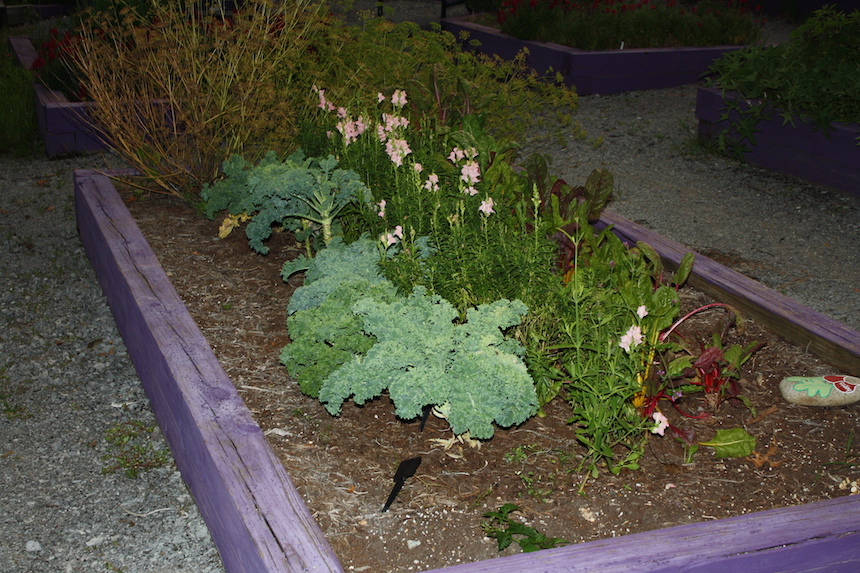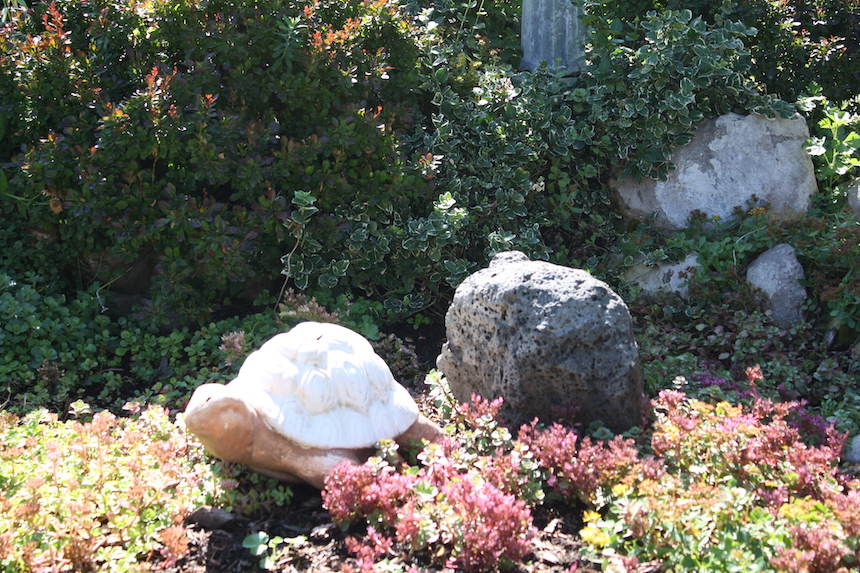Composting. A must for every gardener.
Published at
Every day we can enhance our gardens and reduce waste in landfills by implementing simple composting techniques.
Composting is not difficult, and your role in the process is simply to facilitate and speed up the natural decomposition of organic matter. Through the composting process organic waste is broken down into humus and heated by microbial activity. Through this heating and decomposition process many pathogens are destroyed or broken down by microbial antagonism.
This heat also helps to kill off weed seeds more commonly found in manures, but it never completely eliminates all of them. Composting is not restricted to just food scraps and waste from your kitchen, rather it can and should be implemented when using yard residues, livestock manures, and shredded waste paper to increase the organic matter and nutrient content of our soils.
Speaking of manures, not all of them are equal in nutrient and weed seed content.
Cattle, horse, sheep, and goat manures are lower in nutrient content and higher in overall weed seed load due to the animal’s digestive systems and type of forage consumed. Poultry, rabbit, and swine manures have a lower content of weed seeds as their feed is generally more processed before they eat it, but it is also much higher in available nutrients, with poultry being higher in overall nutrients than swine. There is also a high risk of salt damage and burning to the plants in your garden when using poultry and rabbit manure as a nutrient source, so composting is critical to reducing these potential negative impacts.
Composting these manures with the correct amount of carbohydrate sources, time, and water can help to reduce the likelihood of damage. If you are going to use any animal manures as a fertilizer in your garden, it is essential that you compost them first, not only to decrease the weed seed load, but to help balance nutrients in the manure prior to application in the garden. Also the heating process and time needed to fully compost will help to decrease the chance of a disease pathogen surviving, and then possibly contaminating a food source. (It reduces the likelihood, but never fully removes the chance of something being contaminated).
The most common method of composting is making a large pile of raw organic material, adding water, and mixing it all together. You want to have aerobic processes occurring within your compost pile, meaning that it needs oxygen in the middle of pile and throughout to break down the waste. The more that you turn your pile and maintain adequate moisture the faster the material will break down and become compost.
Moisture levels in the pile should be monitored so you can take a handful of compost and squeeze it so that only a couple drips of water come out. If you can’t get a few drips out then add water till it is moist enough, or if you have a handful of runny goo then lower the water application till it has the right amount of moisture in the pile. In our dry arid climate, compost piles many times dry quicker than expected so monitoring and proper watering are critical.
During this process the pile will lose mass, and what started out as a large amount of material will shrink. Composting is a mixture of art and science, and there are only a few solid guidelines you need to follow to have it turn out correctly. A general guideline is to balance the carbon to nitrogen ratio within the pile. Carbon materials include dried leaves, small wood chips, straw, nongreen dried organic material. While Nitrogen items include manures, kitchen scraps, and green organic material. You want to have 30 parts of Carbon to one part Nitrogen. It takes time to go through the process, and depending on your skill and dedication it can be slightly shortened some or take longer if ignored. Composting should be a low odor process, so if you have a pile with strong smells coming out of it then you need to stir the pile and balance the Carbon to Nitrogen ratio. Composting during the Fall is a great way to help break down and prepare garden residues from this year, for next spring’s plantings.
Cornstalks, squash vines, bean plants and so on will be great sources of organic matter and nutrients if broken down right now, rather than later. One trick in helping garden residues rot away quicker is to chop them up, and either put them in the compost pile or till them up into the garden soil, and then apply adequate moisture. They should break down relatively quickly if given the right conditions.
Lastly, there are a few things that should never be composted including diseased plant material, oily foods, and dog or cat manure. Good luck in your composting endeavors.
If you have further composting questions please feel free to contact Lance at (208) 624-3102.

In the Garden is sponsored by ProPeat, which is dedicated to delivering solutions for any of your professional fertilization needs. Whether you need to reduce the harm to soils and the environment, or you're interested in the latest nitrogen, carbon and biochemical technologies, ProPeat is the perfect fit.




